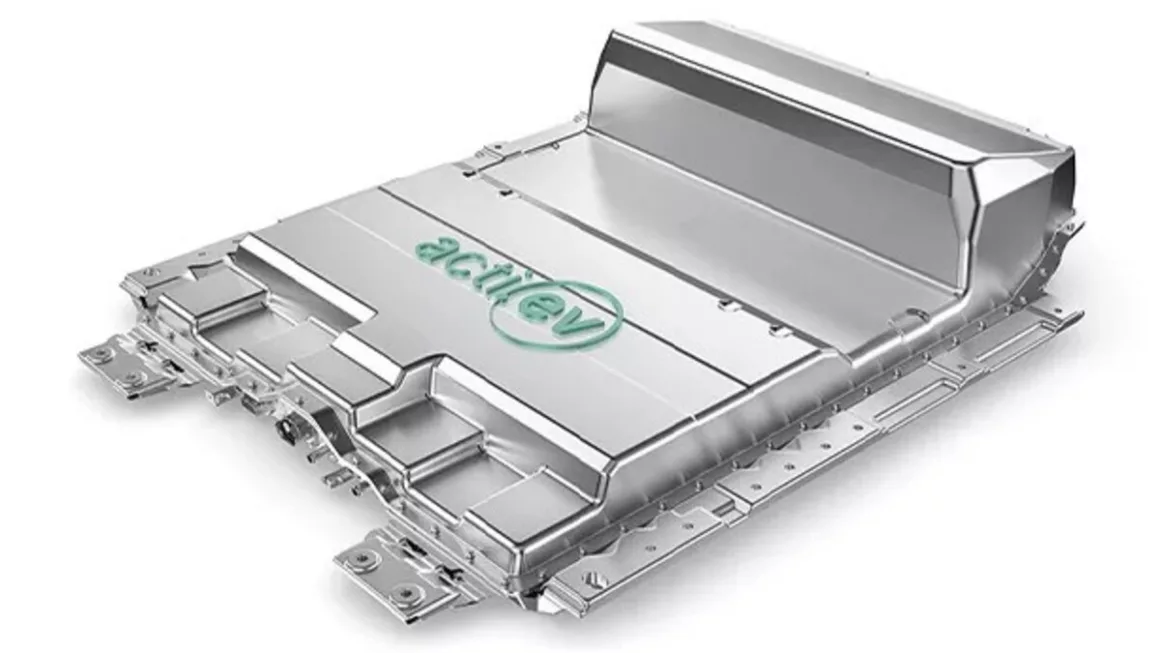Whether it is ICE cars or EVs, the value of a car largely relies on the life of its power source. Since ICE cars have been there forever, most know how long internal combustion engines last. The same, however, is not true for EVs. While considering an EV, most buyers inevitably come to the questions around battery life. For example, how long will it last? How can its life be increased? What should be avoided to keep the battery healthy? So on and so forth. If such doubts are a hindrance to you in going ahead to own an EV, here is everything you need to know about the battery life of an electric car.
Average Lifespan of an Electric Car Battery
For the level of advancement that has been achieved so far, today an EV battery has a lifespan of 10 to 20 years before requiring a replacement. Most EV makers offer an 8-year or 1,60,000 kilometres warranty on electric car batteries.
Factors Affecting Electric Car Battery Life
As is the case with internal combustion engines, many factors influence an electric car’s battery life. Here are three key ones.
Temperature
Of all the factors influencing an electric car battery, temperature is the most crucial one, because in most cases it is beyond our control. This temperature includes both ambient temperature and the temperature due to the heat generated by the battery itself. The batteries of electric cars have a specific temperature range which is usually 15 to 30 degrees Celsius and the most optimal temperature for them is 21.5 degrees Celsius. If an electric car battery operates outside this temperature range, its performance and life is significantly affected.
Meanwhile, it is important to remember that EVs are engineered to adjust the operating temperature of their battery to function efficiently but this internally-built system can work to a limit. In extreme temperatures, like those during scorching summers and chilling winters, electric car batteries are prone to harm. A particularly harmful practice is charging an EV’s battery when it is already hot after being used for a long time or in high temperatures.
Use of the electric car and maintenance
How an EV is used affects its battery a great deal. While buyers are advised the right ways to use the EV when they buy it, there are times when the mistakes occur unintentionally. There are many practices which can deteriorate an EV battery’s health.
- Charging a battery too often can reduce its life and this is something we experience with all battery-powered devices.
- Frequently keeping the battery low on charge, such as less than 5 percent, can severely damage an electric car battery.
- Like ICE cars, leaving an EV immobilised for extended periods can reduce its charging capabilities, eventually reducing its life.
- As we have learned the effects of temperatures on batteries, leaving an EV in an unsuitable temperature can harm its battery.
- Rapid charging orDC fast charging causes significant heat which can permanently damage the EV battery cells if done too often.
Weight
EVs are heavier than ICE cars in general and this is predominantly because of the battery packs. Now, a lot of weight requires a lot of energy to move, and a good amount of power from the battery is consumed in mobilising the battery itself. However, since this is something already considered before deciding the range of an EV, it is the additional weight which should be watched. This is why, in every EV there is a weight limit recommended which should not be crossed as it applies serious pressure on the battery, reducing its range, speed, and eventually its lifespan.
How to Increase Electric Car Battery Life
Technically battery life cannot be increased, but it can be optimised. Here is how you can keep an electric car battery healthy and get the most out of it.
- Avoid using a battery below a 10 percent charge and charging a battery above 80 – 90 percent frequently.
- While charging, driving, or parking, minimise or stop (if possible) exposing the electric car to extremely high or low temperatures.
- Sparingly charge the EV using DC-fast charging stations.
- Due to the zippy nature of EVs, quick acceleration might seem tempting. But is it advised to drive an EV gently and maintain consistent speeds to maximise efficiency.
- Abide by the recommendations mentioned in the user manuals.
When Should an Electric Car Battery Replacement be Considered?
Most current electric car batteries are built to last 10 to 20 years and this should easily cover the life of an EV. Furthermore, most manufacturers either restore or replace their electric car batteries if their capacity falls below 70% before 8 years or 1,60,000 kilometres from the date of purchase. At the same time, you should consider replacing the battery of your EV only if its capacity drops to a degree that it is better off being in the garage rather than on the road.
However, it is worth mentioning that when an electric car battery reaches a point where it can no longer power a vehicle, only 20 to 30 percent of its capacity is used. This means that the battery still remains capable of powering electrical appliances at your home. If you use solar panels, you can pair it with a used electric car battery as it will effectively store the energy which can be used throughout the night.





